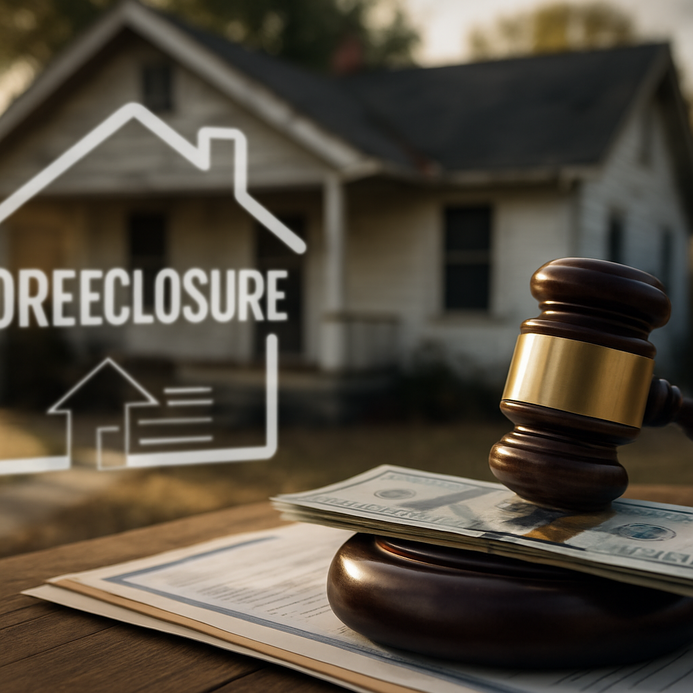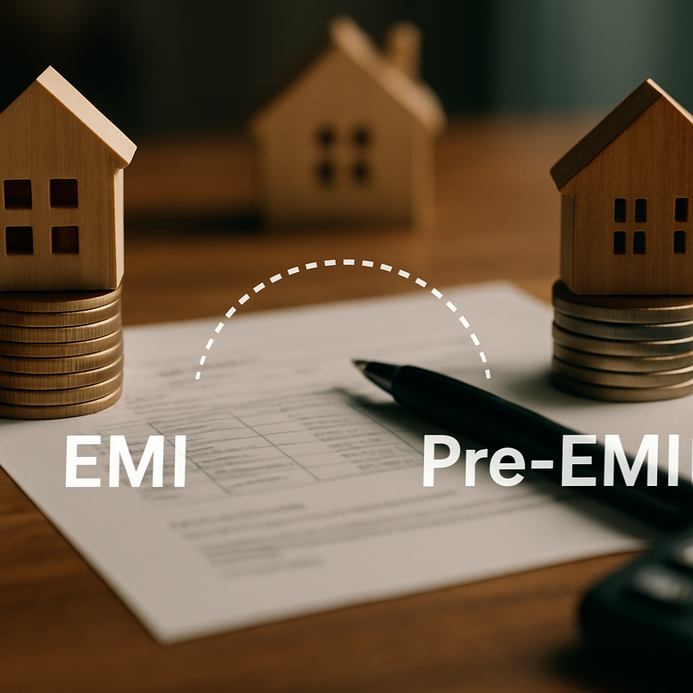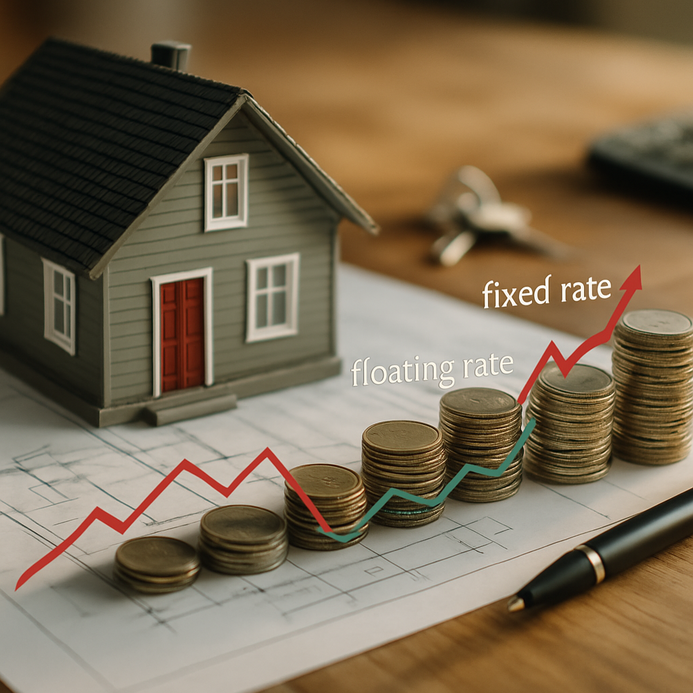Hyderabad Real Estate Scams: How to Spot and Avoid Them Today
Understanding Real Estate Scams
Real estate scams? Yeah, they’re on the rise, and if you’re in the market to buy, you gotta be cautious. These scams come in different flavors – fake listings, rental cons, shady agents, you name it. Spotting them early can save you from a world of financial hurt.
Types of Real Estate Scams
1. Fake Listings: Ever seen that irresistible listing with gorgeous photos? Scammers mimic real properties just to snag quick deposits before you even get a chance to look at it.
2. Rental Scams: It’s wild, really. Con artists post rental ads for homes they don’t even own, asking you to fork over money right away. Spoiler: it’s all a ruse.
3. Phantom Properties: No joke. Some folks sell properties that don’t even exist. Fake addresses? Check. Made-up paperwork? You bet.
4. Foreclosure Rescue Scams: Distressed homeowners are prime targets. Promises of “help” to avoid foreclosure but then it’s just a wallet-emptying scheme.
5. Online Payment Scams: You’re paying real estate taxes online? Make sure the portal’s real. Scammers have a knack for recreating official-looking sites that swindle your financial info.
Protecting Yourself from Scams
Want to keep your hard-earned cash safe? Here are a few no-brainer tips:
– Research the Listing: Verify properties through multiple sites. A quick look-up can help. Check that they align with current market trends.
– Use Trusted Platforms: Stick to well-known real estate sites; they usually vet their listings.
– Inspect Properties Personally: Seriously, always visit the property before you hand over cash.
– Consult Professionals: If something feels off, don’t hesitate to reach out to real estate professionals or legal folks to double-check everything.
For more tips, check out our guides on Renting vs. Buying and Home Loan Insights. Staying ahead is crucial for smart investments.
Unveil the 50-50 payment plan
The Role of Technology in Fraud
Let’s talk tech. Scammers use it like pros. Fake websites, misleading social media ads, it’s all about tricking you into a bad deal. Recognizing their tactics is your first line of defense.
Fake Websites
Watch out for those websites that look just like the legit ones. They’re often slick, showcasing dreamy listings. Always check that URL; if it feels off, it probably is.
Scrolling through social media? Beware. Scammers love to flood it with ads for “too good to be true” properties, often aiming to snatch personal info or your cash. Stick to verified accounts and do your homework on those listings.
| Fraud Detection Method | Description |
|---|---|
| Domain Verification | Check the URL for authenticity. |
| Contact Verification | Confirm listed contact details. |
| Background Check | Research the property and seller online. |
Real Estate Tax and Payment Vulnerabilities
Here’s another pitfall: fake payment portals. They might look real but are just traps waiting for you to send money. Only pay through official channels you trust.
Signs of Scams
– Price way too low
– Missing documentation
– Seller pressuring for a quick decision
Keeping your eyes peeled for these signals is vital. Rely on trustworthy news sources, like The Economic Times, to stay informed and protect your investments.
Dive into our articles for more insights on real estate investments, like how to invest in a market dip or real estate terms explained.
Red Flags to Watch Out For
So you’re navigating the real estate market, huh? Smart move, but keep an eye out for some potential scams. Here are red flags that can signal trouble:
1. Unrealistic Pricing: Listings that are super low? They probably are. If the Indiabulls Real Estate share price is steep, but a property is priced way less, something’s fishy.
2. Absence of Property Info: Legit sellers hand over all the juicy details—recent renovations, issues, etc. If info is scant, watch out.
3. High-Pressure Tactics: Be wary if someone’s trying to rush your decision. Good transactions don’t need urgency. Take your time.
4. Poorly Written Listings: Listings with typos, bad grammar, or crummy photos? Major credibility issues right there.
5. Unverified Contact: If the seller prefers messaging you through sketchy apps or emails instead of official channels, be cautious.
6. No Historical Price Data: Look up past prices of the property. If suddenly it’s dropped a lot, that’s usually a bad sign. Check historical stock prices for more clarity.
7. Absence of Reviews: Check for seller reviews. If they’re nowhere to be found or have bad feedback, steer clear.
8. Misleading Photos: Ensure that the images actually match the property being sold. Scammers often swipe stock photos or other people’s homes.
Being aware can really save you from headaches down the road. Always conduct research and understand the right methods for making real estate tax online payments for legitimacy.
For more on buying property, check out our guides: Home Loan Resale Property Guide and Navigating the Indian Real Estate Market.
Stay sharp, stay informed.
Practical Steps to Safeguard Your Purchase
Alright, so you’re diving into real estate. Protecting yourself? Absolutely essential. Here’s a few steps to keep your investment safe.
Verify Listings
Always double-check property listings through official channels. Websites that stay on top of property prices can be lifesavers.
| Verification Step | Action Required |
|---|---|
| Research Property History | Use public databases to assess property history. |
| Analyze Pricing Data | Compare with Indiabulls Real Estate Ltd share price data. |
| Consult Local Experts | Engage agents with good reviews for valuable insights. |
Conduct Thorough Research
Seriously, put in the effort. Utilize different platforms for real estate tax online payments to keep everything above board. Websites like Property Tax Online Made Easy can guide you through.
Engage Trustworthy Agents
Picking the right real estate agent is huge. Go for agents registered with well-known organizations. A proven track record is key here, check their past deals and see if they’ve got positive feedback.
Resources for Reporting and Assistance
So, if you think you’ve been tossed into a real estate scam, there are resources out there. Report it ASAP to help minimize the damage. Here’s where to turn:
1. Consumer Forums: Local forums can help file complaints. You’ve got rights under the Consumer Protection Act.
2. Police: Don’t hesitate to approach local law enforcement or anti-fraud units. Reporting can kick off an investigation and could help get your lost assets back.
3. Real Estate Regulatory Authority (RERA): Always check your state’s RERA site. It can help report rogue builders and agents.
4. Fraud Reporting Websites: Sites like Fraud.org or Scamwatch.gov.au are good for reporting and learning about scams, plus they give helpful insights for others.
5. Legal Assistance: If the scam’s left you with a financial mess, it might be time to consult a lawyer who knows real estate fraud.
| Organization | Type of Assistance |
|---|---|
| Consumer Forum | Legal advice & complaint resolution |
| Local Police | Investigative assistance |
| RERA | Complaint filing against builders/agencies |
| Fraud Reporting Websites | Scam reporting & awareness |
| Legal Advisors | Counsel for financial recovery |
Also, if you’re handling real estate taxes, using proper platforms to make payments can streamline the process and keep penalties at bay. Paying your taxes online through local government websites is a smart move.
For more insights on protecting your investments, check out real estate regulations in India or dive into Hyderabad’s real estate market dynamics. These resources will keep you informed and ready to make smart decisions in real estate.
FAQ
Q: What should I do if I suspect a real estate scam?
A: You should report the scam to local law enforcement, a consumer forum, or the Real Estate Regulatory Authority (RERA). Collect all the details of the scam for your report.
Q: How can I identify a legitimate real estate listing?
A: Verify the listing through multiple reliable real estate platforms, check the property information, and ensure the seller has positive reviews from past interactions.
Q: What are some common signs of real estate scams?
A: Unrealistic pricing, absence of property information, high-pressure sales tactics, and poorly written listings are all red flags you should watch out for.
Q: How do I protect my financial information when making online payments?
A: Always use secure, verified payment portals and avoid local payment methods that are not well-known or established.













